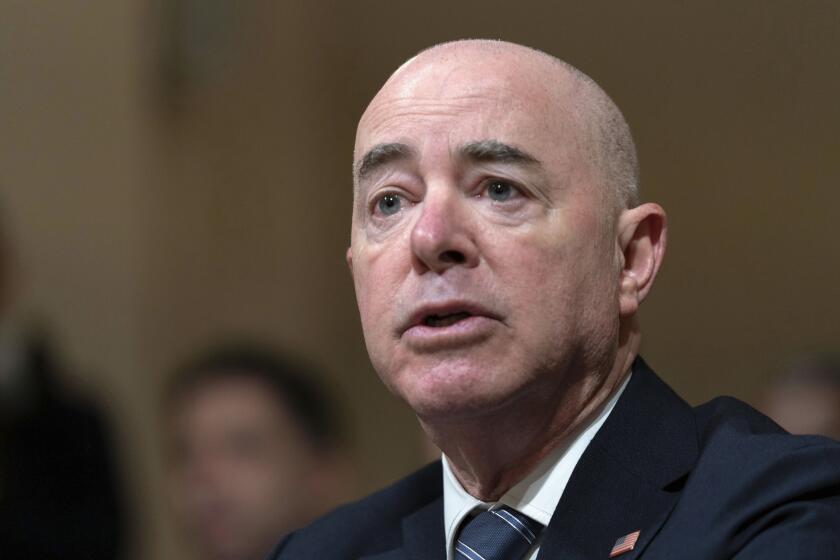Venezuelans born after revolution try to survive amid violence, poverty
Facebook is celebrating its 15th anniversary on Monday amid a paradoxical situation: The firm had its worst year ever in 2018 in terms of its public relations, with scandals from beginning to end, but at the same time it registered its biggest profits ever.
Over the course of the past 15 years, the company has become almost ubiquitous in the Internet communications sector (in addition to the platform bearing its name, it also controls Instagram and WhatsApp ) and, according to the latest figures published by the firm last week, it has some 2.32 billion users around the world.
This means that about one-third of humanity is connected to Facebook.
Despite certain signals of saturation arising in Western markets in recent times, the number of Facebook users on the planet continues to grow - including in North America and Europe, albeit at a slower pace - and as their numbers climb so do the firm’s earnings from advertising.
Last year, for example, closed out with profits of $22.112 billion (19.296 billion euros), a record for the firm headquartered in Menlo Park, California, which - along with Google - takes in approximately 60 percent of worldwide online advertising revenue.
The omnipresence of Facebook in the online communications sphere is, however, a two-edged sword, since although that is mainly responsible for its huge earnings, that’s also the reason why the firm is starting to find itself facing more and more detractors and more and more scrutiny from regulators around the planet.
Last year, CEO Mark Zuckerberg , had to apologize to the US Congress for his management of the social network, and COO Sheryl Sandberg was called to testify before US lawmakers about the company’s dominant Internet position.
Outside the US, Zuckerberg also provided testimony before the European Parliament, but he refused to appear before an international committee of lawmakers from Argentina, Brazil, Canada, Ireland, Latvia, Singapore and the United Kingdom, who were asking him to explain the spread of fake news and information online and its influence on politics.
The greatest controversy tainting Facebook in 2018 came last March, when it was revealed that British consulting firm Cambridge Analytica used an application to gather personal data from millions of Internet users without their consent for political ends.
The firm used the data from Facebook to prepare psychological profiles of voters that they allegedly sold to the campaign of now-President Donald Trump, among others, during the run-up to the 2016 election.
The scandal was huge: Facebook shares plunged on the stock market and politicians around the world warned of the immediate need to regulate the firm, its activities and what it does with its user data.
Months later, in October, the social network admitted that online data pirates stole the personal data of some 30 million of its users.
These two cases had the most impact, but 2018 was a year in which Facebook became news practically every week with a new scandal, one of the most recent being the report by The New York Times that Sandberg ordered her employees to investigate the financial interests of magnate George Soros.
The violations of privacy and the marketing of user data, the abuse of advertising practices, enabling the spread of fake news, platform security and its vulnerability to hackers are presently all Achilles heels for one of the world’s most powerful Internet firms.
In just 15 years, Facebook has built an online communications empire that has made - and continues to make - immense profits, although its very dimensions and reach threaten to be its biggest problem going forward.



